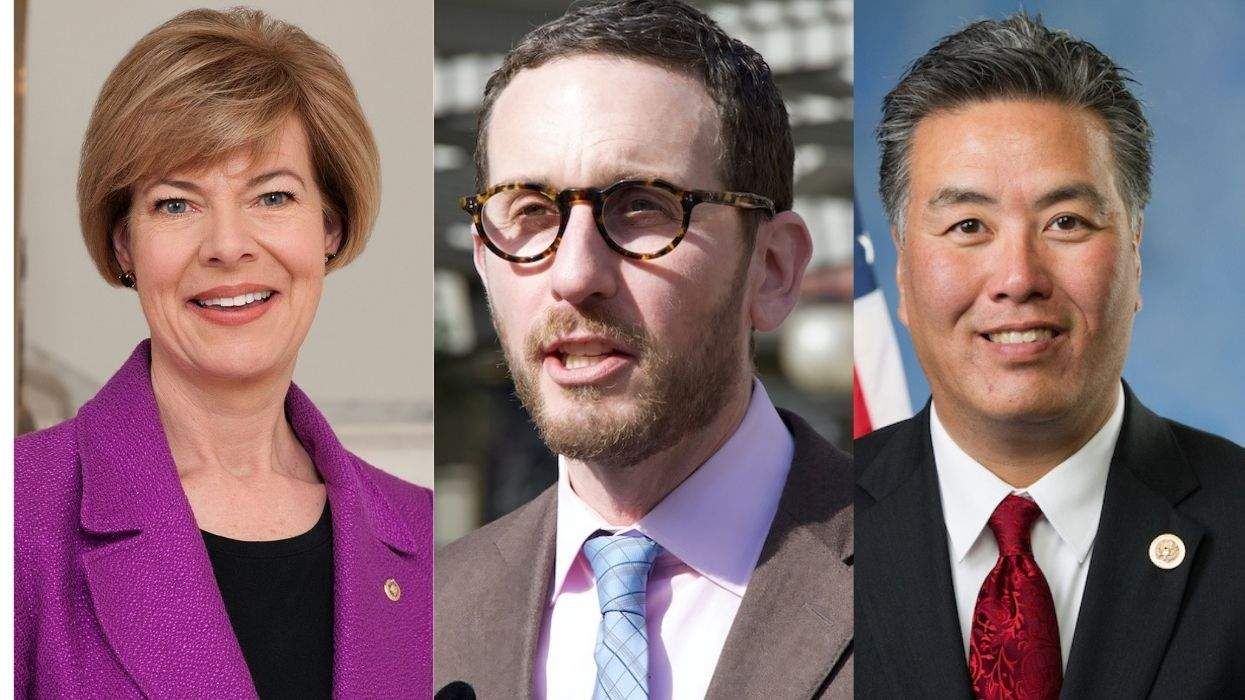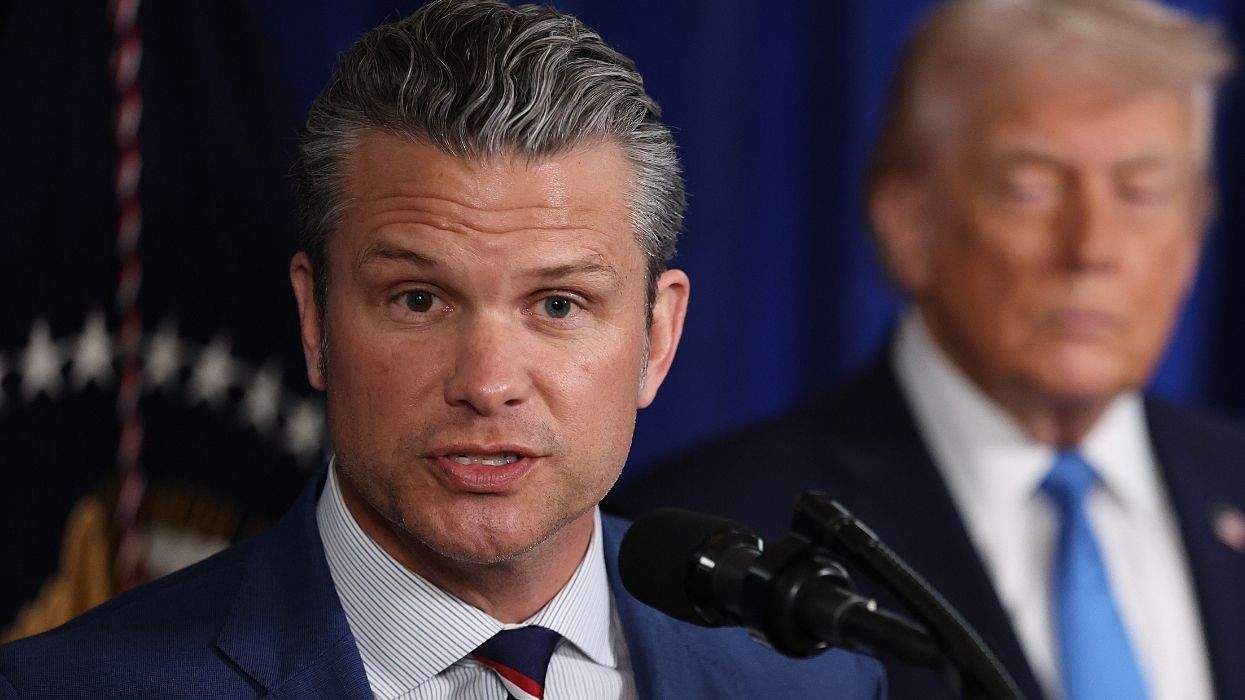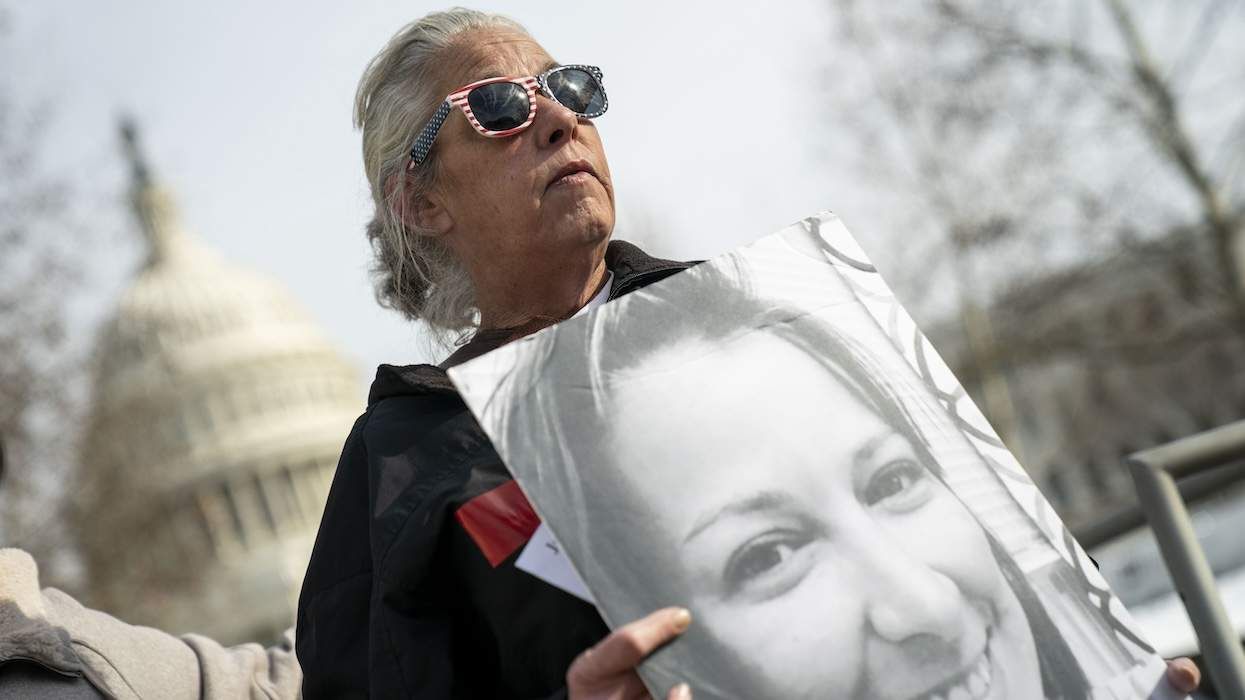All Rights reserved
By continuing to use our site, you agree to our Privacy Policy and Terms of Use.
Your support makes The Advocate's original LGBTQ+ reporting possible. Become a member today to help us continue this work.
When you go to a ball, you might witness the femme queen realness category during which trans girls of the ballroom scene battle to show the judges who's the "realest" of them all. You might also see a variety of tactics -- girls shaking their bodies, letting the judges touch their skin, pointing out the ways in which their opponent has failed to conform to cis standards of beauty. Sometimes, you will even see girls taking out their government-issued IDs.
The idea is to prove that you can blend into society just as if you were a cis woman. The category came about during a time when the resources needed to gain these advantages were inaccessible to many. The girls who could afford the costs of socially, legally, and medically transitioning were exceptions and this category was theirs to own. It meant you could walk down the street without getting "clocked" and show your ID without people doing a double-take. It was about which girls could navigate the world safely.
A few years ago, I was beginning to feel uncomfortable showing my ID. I felt my deadname, the name trans people are given at birth, and "M" gender marker were poor representations of who I am. As a budding trans girl new to her medical transition, it was getting increasingly confusing for people who perceived me one way to see an ID that identified me as something else. Simple errands like going to the bank became extra loathsome for me.
Everyone deserves self-determination, and we've seen how trans and non-binary people's existence often gives other people permission to claim it. For our community the act of self-determination is urgent in a society that insists on forcing the gender binary onto us. And while trans and non-binary people may seek out name changes so that their names align with their gender identity, there are lots of reasons why non-trans people may also want to do so.
I always felt a disconnect with my deadname -- it gendered me in a clearly masculine, binaristic way that made me uncomfortable. I saw it as an assimilation name -- the one my mother accepted as the name she would call her child because I was not just Chinese like her, but also a Chinese-Taiwanese-American.
I wanted my name to reflect my matrilineage -- which is not traditional for many cultures including my own. I also wanted it to sound gender-ambiguous. I chose my name, which is a romanization of my full Chinese name, based on the assimilation names of my mom and her two sisters, who all named themselves after flowers. So my first name, Sen, along with my middle name, means "forest" or "wilderness" in my mother tongue. My mother's Chinese name is also a homophone for "forest."
In a matter of months, I was able to realize this desire for my a name of my own through the help of the Transgender Legal Defense & Education Fund's Name Change Project. Their team connected me with a lawyer who guided me through the process of getting a court order with my name change, completely pro bono. In a sense, TLDEF levels the playing field so that girls with IDs matching their name and gender are not an exception, but the norm. They help us take this crucial step to be legally recognized for who we are. This can drastically reduce the harassment and discrimination that often comes with having inaccurate ID.
I'm particularly gratified to celebrate my chosen name during this year's observance of the Transgender Day of Visibility on March 31. As a part of that commemoration I'm also excited join TLDEF's #LivingMyTransLife campaign, which encourages all who are part of the transgender, gender non-conforming, and non binary communities to share who we are and how we are living our trans lives to the fullest. Having an accurate name is one crucial way I and many others can now do just that.
Sen Ayane is a Chinese trans femme interested in writing, speaking truth, and creating art to challenge the societal structures that oppress her community. She loves the Girls and has a tendency to daydream. You can find her @ladyboyblues on IG and @maikooochi on Twitter.




































































Charlie Kirk DID say stoning gay people was the 'perfect law' — and these other heinous quotes